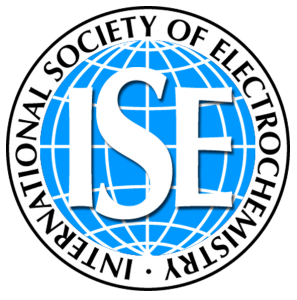 ECS is a sponsor of the 68th Annual Meeting of the International Society of Electrochemistry (ISE) being held August 27 – September 1, 2017 in Providence, Rhode Island.
ECS is a sponsor of the 68th Annual Meeting of the International Society of Electrochemistry (ISE) being held August 27 – September 1, 2017 in Providence, Rhode Island.
The scientific theme of the meeting is Electrochemistry without Borders, meant to emphasize the global character of the electrochemical community encompassed by the ISE.
ECS is continuing its partnership with ISE and will be presenting a symposium on “Education for Electrochemistry and Electrochemical Engineering” covering present and future trends in electrochemistry and electrochemical engineering education at undergraduate and/or graduate levels.
Also, ECS President Krishnan Rajeshwar from The University of Texas at Arlington will be presenting “Photoelectrochemistry, Solid-State Chemistry, and Solar Fuels: A Nexus?” at this meeting.
Please visit the conference website for more information and to submit your abstract before March 22.


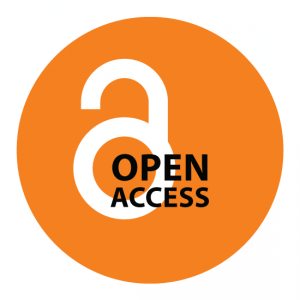 Richard Poynder (
Richard Poynder (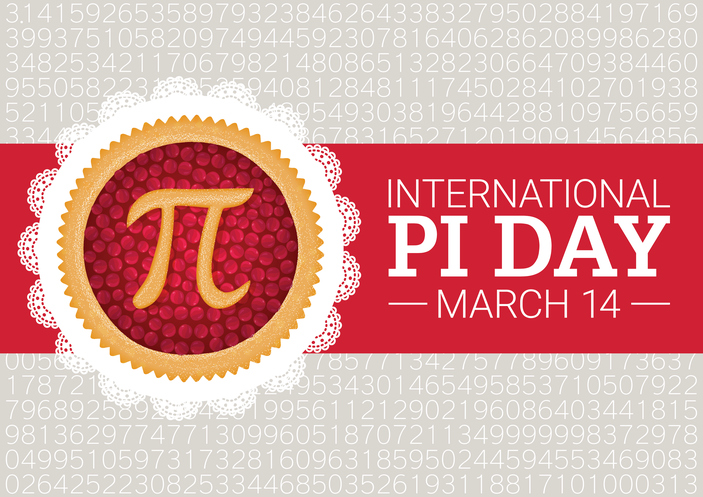 On March 14, or 3/14, mathematicians and other obscure-holiday aficionados celebrate Pi Day, honoring π, the Greek symbol representing an irrational number that begins with 3.14. Pi, as schoolteachers everywhere repeat, represents the ratio of a circle’s circumference to its diameter.
On March 14, or 3/14, mathematicians and other obscure-holiday aficionados celebrate Pi Day, honoring π, the Greek symbol representing an irrational number that begins with 3.14. Pi, as schoolteachers everywhere repeat, represents the ratio of a circle’s circumference to its diameter.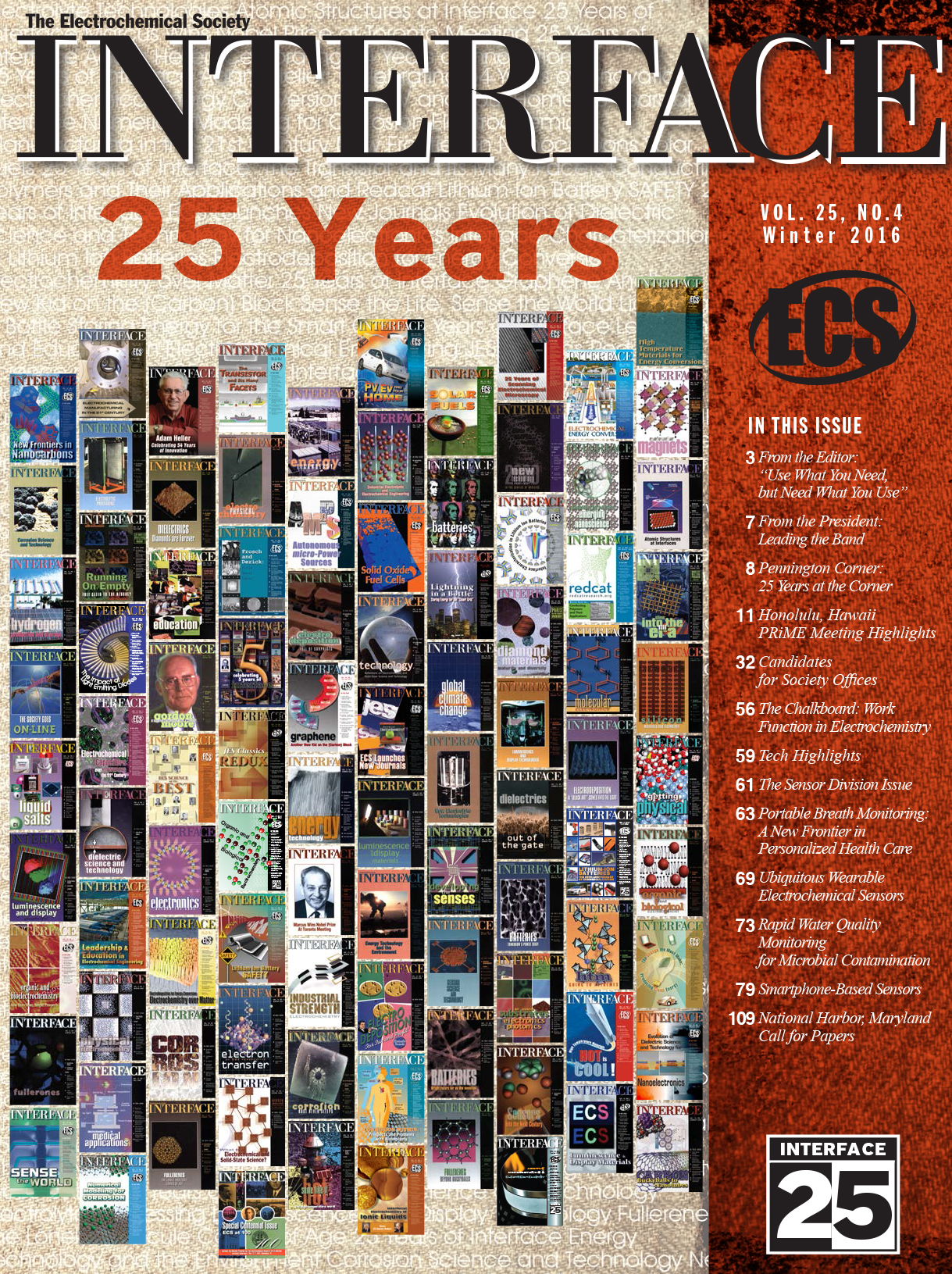
 ECS is committed to open access through
ECS is committed to open access through  ECS isn’t the only one celebrating an anniversary this year. As we celebrate 115 years of excellence as a publisher, meeting convener, and multi-faceted scientific society, this year also marks an important 15-year milestone in the open access movement. In 2002, the Budapest Open Access Initiative was hosted by the Open Society Foundations and to this day serves as a landmark meeting in communicating the importance and urgency of open access necessities.
ECS isn’t the only one celebrating an anniversary this year. As we celebrate 115 years of excellence as a publisher, meeting convener, and multi-faceted scientific society, this year also marks an important 15-year milestone in the open access movement. In 2002, the Budapest Open Access Initiative was hosted by the Open Society Foundations and to this day serves as a landmark meeting in communicating the importance and urgency of open access necessities.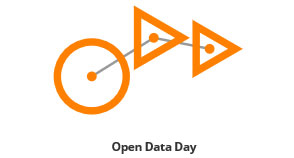 On March 4, 2017, ECS will be celebrating
On March 4, 2017, ECS will be celebrating 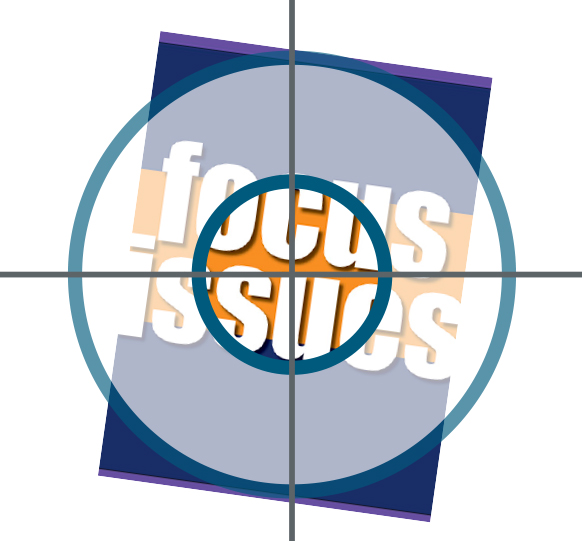
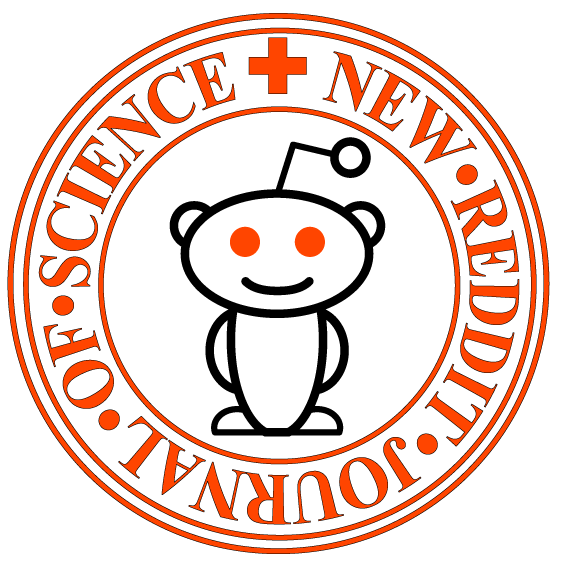 ECS Technical Editor Dr. Gerald Frankel, accompanied by ECS’s Executive Director Roque Calvo, hosted our first ever “
ECS Technical Editor Dr. Gerald Frankel, accompanied by ECS’s Executive Director Roque Calvo, hosted our first ever “